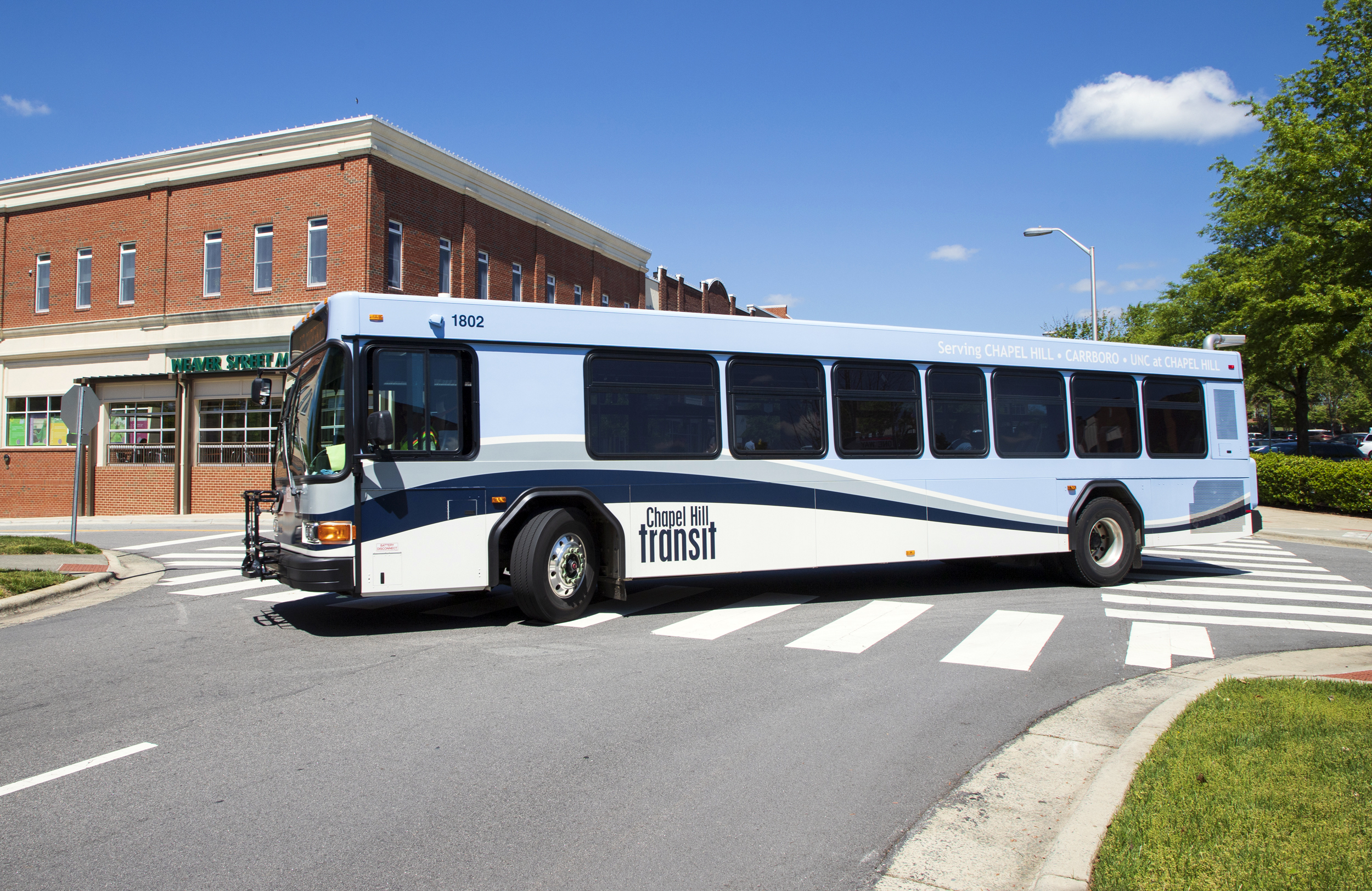This Monday is Labor Day, a day to honor and celebrate the American worker.
What’s the best way we can do that, here in our community?
The organization Orange County Living Wage is urging residents to spend the weekend supporting local businesses who have pledged to pay all their employees a living wage.
There are currently about 250 certified “living wage employers” in Orange County, ranging from restaurants to bars to coffee shops and specialty stores — not to mention healthcare facilities, auto mechanics, hair salons, and more. Each one has pledged to pay their employees at least $15.85 per hour, or $14.35 plus health benefits — a “living wage” that’s adjusted each year based on the cost of living in Orange County.
See the full directory of certified Orange County Living Wage employers.
This weekend, Orange County Living Wage is asking everyone to celebrate Labor Day by patronizing those businesses — and then celebrate those businesses by posting about them on social media, using the hashtag #OrangeCountyNCLivingWage.
97.9 The Hill’s Aaron Keck spoke this week with OCLW co-founder Susan Romaine and spokesperson Andrea Cash, as well as three residents who work for certified living-wage employers: Tammy Price of Chapel Hill Transit, Ben Sellers of Ten Mothers Farm, and Alaina Plauche of Meantime Coffee. (Plauche is also an OCLW board member.)
Listen to Aaron’s conversation with Andrea Cash, Tammy Price, and Alaina Plauche.
Aaron Keck: Tell us about Orange County Living Wage and the work you’re doing over Labor Day.
Andrea Cash: Orange County Living Wage just turned seven years old. It was formed by volunteers in July of 2015. The minimum wage in this country hasn’t gone up since July of 2009 — that’s 13 years ago. If you stop and think about how your life has changed over 13 years, costs have definitely gone up, your life probably looks a lot different, but the minimum wage remains $7.25.
Keck: We were talking about that (even) before the inflation bump.
Cash: And that means people in Orange County are having to decide: do I fill up the gas tank? Do I fill a prescription? Do I pay rent? Or do I get groceries? Those are really tough decisions that people shouldn’t have to make. So this organization is about celebrating the employers that do pay a living wage, lifting them up and hopefully bringing more organizations into the movement. We have almost 250 businesses and organizations on our roster. That means for 2022, they’re paying $15.85 an hour, or $14.35 with health benefits. My job is just to make sure people know, when you’re making a decision about where to get coffee, go to a restaurant, shop for a gift, think about looking at our directory and supporting those folks. It’s not easy, a lot of them have to work really hard to get to the point where they can pay these wages. So we want to create a situation where that’s sustainable for the organization. A lot of work goes on behind the scenes.
And, you know, we’re only one of relatively few organizations like this in the country. There’s something like 20 [nationwide]. There are four in North Carolina, in Asheville, Forsyth County, Durham, and then Orange County.
Keck: Alaina, tell us about Meantime Coffee.
Alaina Plauche: Meantime is a student-run non-profit coffee shop in the Campus Y. It’s been around since 2016, I’ve been there since 2018 — and that whole time, we cared about making sure people were getting a living wage. We were doing it before we got certified. It’s the best way to value your employees and show that you care about them.
Keck: Tammy, tell us about your work with Chapel Hill Transit and what it means to you to have CHT be a living wage employer.
Tammy Price: I’ve been with Chapel Hill Transit for eight years. I drove buses in Durham before, and it’s totally different. I love working up here. [Our town manager] is always behind employees making a reasonable living. During the pandemic we actually had three raises, and then they just made an increase for the new employees coming in. And the insurance is excellent. You can tell the difference. And when you have a director or city manager that really cares about the people, it really makes a difference.
Keck: We’ve been talking about how the living wage helps workers. How does it help the overall economy?
Cash: Most of that money stays right here in Orange County when you pay people more. And it helps morale. You’re going have a lower [employee] turnover rate if people are happier. And we know that a turnover rate costs organizations time and money. So it really boosts the local economy. We’ve seen that if you look to a place like Virginia, that’s raised the minimum wage, it’s had a great economic effect. It’s truly win-win all around.
Listen to Aaron’s conversation with Susan Romaine and Ben Sellers.
Susan Romaine: Labor Day is a really special holiday for us. It’s a 140-year tradition of setting aside the first Monday in September to lift up our workers. We like to think we try our best to do that the other 364 days out of the year. Whether it’s grocery store workers or bus drivers, or healthcare providers, or teachers, or farm hands, all are making important contributions.
Aaron Keck: All certified living-wage businesses have pledged to pay every single one of their employees a living wage. To what extent does that benefit the workers, the community, the companies that make that pledge?
Romaine: Some were already playing a living wage, but many of them needed to lift wages in order to be certified. And they have now done so to the tune of $2.8 million. And that additional cash into the pockets of workers gets spent right here in our community. Folks can finally get their car fixed. They can finally get their hair cut. They can buy school supplies for their kids. So it stimulates our local economy, creating more jobs and hopefully opening new businesses.
Keck: Ben, tell us about Ten Mothers Farm.
Ben Sellers: We’re a small organic vegetable farm on one acre in Cedar Grove. It’s a very small compact space and we don’t have a tractor. Everything’s done by hand. So it’s a very labor intensive form of farming, but on that one acre we’re able to raise enough produce to feed 240 families each week who subscribe to the CSA, which stands for “community supported agriculture.” Community members buy a share of the farms’ harvest and then get a box each week.
And the living wage is a huge part of what makes I think it feasible to, to be a farm that has sustaining labor. Labor is a really big issue for farmers in the area. Being able to farm pretty close to my home, it’s about 20 minutes from Durham, makes a big difference. It means I can live in Durham. It means my coworkers can live in Chapel Hill and Carrboro. It means we can be members of the community.
Keck: What’s your experience working with non-living wage employers? How does that compare?
Sellers: Yeah, I had never made more than $10 an hour at a farm before I worked at Ten Mothers. And so it’s a big, big difference. And it’s difficult. It’s not easy for farmers. People don’t pay enough for their food, typically, for farmers to be able to pay more. But we are seeing wage inflation at other farms in the area. I think there’s a variety of factors causing that, but maybe part of that is that there are some farms now that are living-wage certified. There’s only a few, but hopefully we’re seeing a little bit of pressure: now if you’re a farm worker at another farm, you can go to your employer and say, hey, there’s other farms in the area who are paying this much. What are you doing to help me?
So the experience is very different — and I think it’s a big part of what allows me and my coworkers to imagine doing this in the longer term. There’s a lot of burnout for people who work on farms.
Keck: That’s a good point: we talk about the 250 certified employers, but those employers are also setting the bar a little bit higher for all of the other hundreds and thousands of employers out there in the community.
Romaine: Absolutely. And Ben makes a really important point about making $10 versus $15.85. When we talk to employees who are making $10, one of the things we hear over and over again is that usually means you’re working a second, sometimes a third job in order to make ends meet. And so those workers are showing up tired. They’re exhausted. It’s a very stressful life. And an employer will be the first one to tell you they are not going to be as productive. And so we have learned that some of the very best advocates for living wages are the employers themselves. When they pay a living wage, they are helping to have a more productive, rested, focused, and dedicated workforce. They notice much less absenteeism and turnover, which can be very expensive for a small business. So they’re the ones who are saying, you know, this makes perfect sense for us. This is the best bang for our buck, to invest in our workers and invest in their long-term commitment to our organization or business.
Sellers: It’s exciting to be part of this conversation. Because this is a living wage, it’s not necessarily even a thriving wage for people in expensive areas like this. So it’s nice to be a part of the conversation of how can you imagine moving beyond just a minimum of what it takes to live, and imagine people having really secure lives and livelihoods.
Keck: Final thoughts?
Romaine: The best thing folks can do to celebrate Labor Day in our community is to check out our directory of 274 employers and visit just one, whether it’s a yoga studio or a coffee shop or a restaurant or a hair salon, and give your thanks when you go to visit that business. And if you have an extra minute, take a picture and give them a shoutout on social media.
Chapelboro.com does not charge subscription fees, and you can directly support our efforts in local journalism here. Want more of what you see on Chapelboro? Let us bring free local news and community information to you by signing up for our biweekly newsletter.







